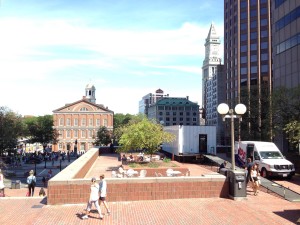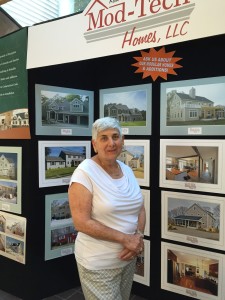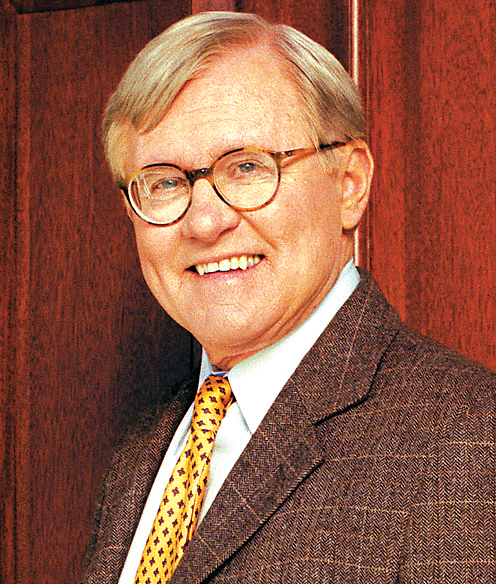Most everyone agrees that the city of Boston needs more housing that addresses the needs of a changing society, and that housing needs to be both well-constructed and economical.
Boston Mayor Martin Walsh has introduced an initiative to have 53,000 more housing units in Boston by the year 2030. And, toward that objective, you may have heard of the UHU (pronounced “yoohoo”), which has been on a tour through the Boston neighborhoods this summer and fall.
The UHU is the central part of the “Compact Living Roadshow,” launched by Walsh’s Housing Innovation Lab (HIL). The UHU, or Urban Housing Unit, is an innovative approach and a potential solution to the demand for more housing in the city.
This UHU is a 380-square-foot, 14 by 33 feet dwelling with a bedroom, kitchen, full shower/bathroom, living room and sitting area. This housing unit also has built-in storage, a sliding door and smart home options which include a number of energy efficient improvements.
Anyone who sets foot inside the UHU might well conclude that this dwelling can serve the housing needs of particular segments of the population very well. As a standalone, it could serve as an excellent starter home for Millennials, for example, or for senior citizens who may wish to downsize but prefer the independence of homeownership to senior living communities.
What additionally makes this prototype unique is that it is modular construction – meaning that it was built in a factory, under climate-controlled conditions, as opposed to traditional or “stick-built” construction. Factory construction allows for superior quality control. To complete the prototype UHU, Boston developer Addison Godine worked with modular consultant Paul Townsend, and they contracted with Knox, Pennsylvania-based modular factory PennKraft to build the module and deliver it to Massachusetts.
As this type of housing gains in popularity and is seen as a viable solution to the housing needs, the modular component may be a very important piece of the puzzle, because the ability to turn units around quickly can be more easily accomplished in a factory setting versus traditional stick-built means.
Before supply and demand can be addressed, though, there is the issue of zoning that must be considered. Boston’s zoning regulations in present form do not allow for housing units the size of the UHU to be built. For this concept to be a part of the housing solution, there would need to be changes in zoning regulations. There are a number of reasons why this would be advantageous to the city:
- First, it would encourage greater numbers of homeownership, which in turn would result in more property tax revenue and greater financial resources to the city.
- Second, it would provide a more affordable alternative to traditional starter homes. The cost to produce these dwellings is easily 20 percent lower than traditional or stick-built options.
- Third, the turnaround time is much quicker, which would allow supply to keep up with eventual demand.
Another key advantage is that the smaller size could allow some of these houses to be sited on smaller, vacant lots in the city. There are a number of lots that at one time housed structures, perhaps gasoline stations or small stores, that are no longer on the lots. Placing a UHU on these smaller “infill” lots would make great use of undervalued land. In fact, some of those lots once had triple-deckers on them. They could now have six of these homes on the same footprint and enough room for off-street parking in the rear! That could be a real solution to the affordable housing crisis in the city.
We commend the city of Boston for its forward-thinking approach when it comes to housing needs. With real estatwe prices continuing to rise and many people feeling that they cannot afford, or find, property that suits their needs, the UHU is a great wake-up call – a notice that there are creative solutions available. The UHU offers potential advantages far beyond the Boston city limits – people who live in suburban and rural communities also face similar challenges when it comes to finding housing.
It makes perfect sense for zoning officials to inspect and evaluate the issue of zoning through the lens of what will benefit the city and its residents. In numerous communities throughout Massachusetts, zoning issues are being evaluated to meet the specific needs of the communities. An overall look at how zoning might be changed to accommodate these smaller housing units could yield large dividends, not only for Boston, but for the other communities throughout the state.
Francine Townsend is CEO of Mod-Tech Homes LLC, mod-techhomes.com, a company with more than 30 years of experience in the modular construction industry.




 |
| 



